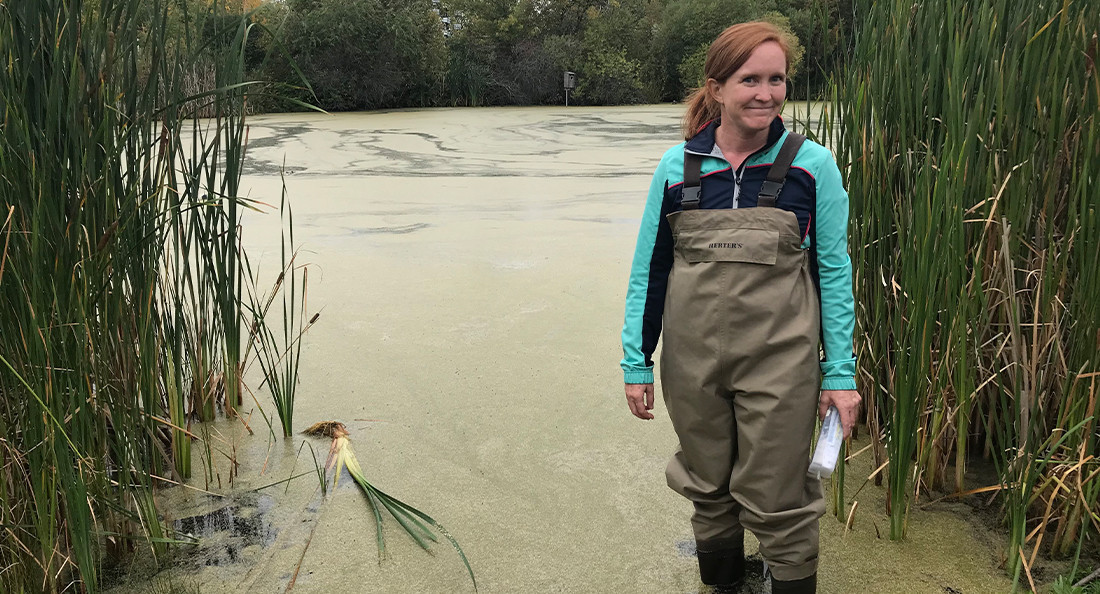U of W launches new grad program
Master in Environmental & Social Change is more relevant than ever
Amidst all the environmental, social and economic turmoil around the world, people are looking to scientists and researchers to stay informed, but also for hope. Though the COVID-19 crisis has been plagued by disinformation, many have been listening to what experts have to say.
Whether it’s worldwide hope for a vaccine in the near future, Winnipeggers relying on Michael Pereira and Bartley Kives to provide them with accurate COVID-19 data or listening to economists like Armine Yalnizyan, who are advocating for a more inclusive economic recovery, experts have provided a certain steadiness in this unsteady time.
In this time of rapid change, the University of Winnipeg (U of W) recently announced a new graduate program: the Master in Environmental & Social Change. Though this degree has been planned for many years, its announcement comes at an opportune time and speaks to its importance and relevance.
“The COVID situation is multifaceted, and, in order to move forward with solutions, we need technical people who can talk to policy experts,” Dr. Nora Casson, associate professor and co-chair of the program, says.
“I think there’s a lot of resonance with the current moment,” she says, adding that the coursework and the topics studied will engage with current events.
This thesis-based degree intends to be research-intensive, while allowing students to take courses. The first intake of this program will be in September 2021 and will have three streams: master of science, master of environment and master of arts. This allows students to tailor their courses to their academic and career interests.
“Environmental issues, by their nature, need an interdisciplinary approach,” Casson says.
“Graduates from this program will be well-placed to go into industry, governmental agencies, NGOs, and it would also be a good stepping-stone for those interested in doing a PhD,” she says.
“Students will be working on basic research and applied research within the context of a changing world.”
Dr. Mavis Reimer, dean of graduate studies, believes this will be a “very strong program for students interested in research.”
“This program has a core of more than 20 faculty members, many of them extremely well-known, well-regarded and well-funded researchers,” she says.
Reimer discusses the U of W’s on-campus environmental commitments.
“We tend to develop (graduate programs) in areas that we think we have particular strength,” Reimer says. “Students will be supported by this very rich research environment that already exists in this area.”
“The (graduate) programs at the U of W are typically small programs with a small cohort of students working side-by-side with their professors,” she says. This program intends to be no different.
For more information on the Master in Environmental & Social Change, visit uwinnipeg.ca/mesc.
Published in Volume 75, Number 11 of The Uniter (November 26, 2020)







